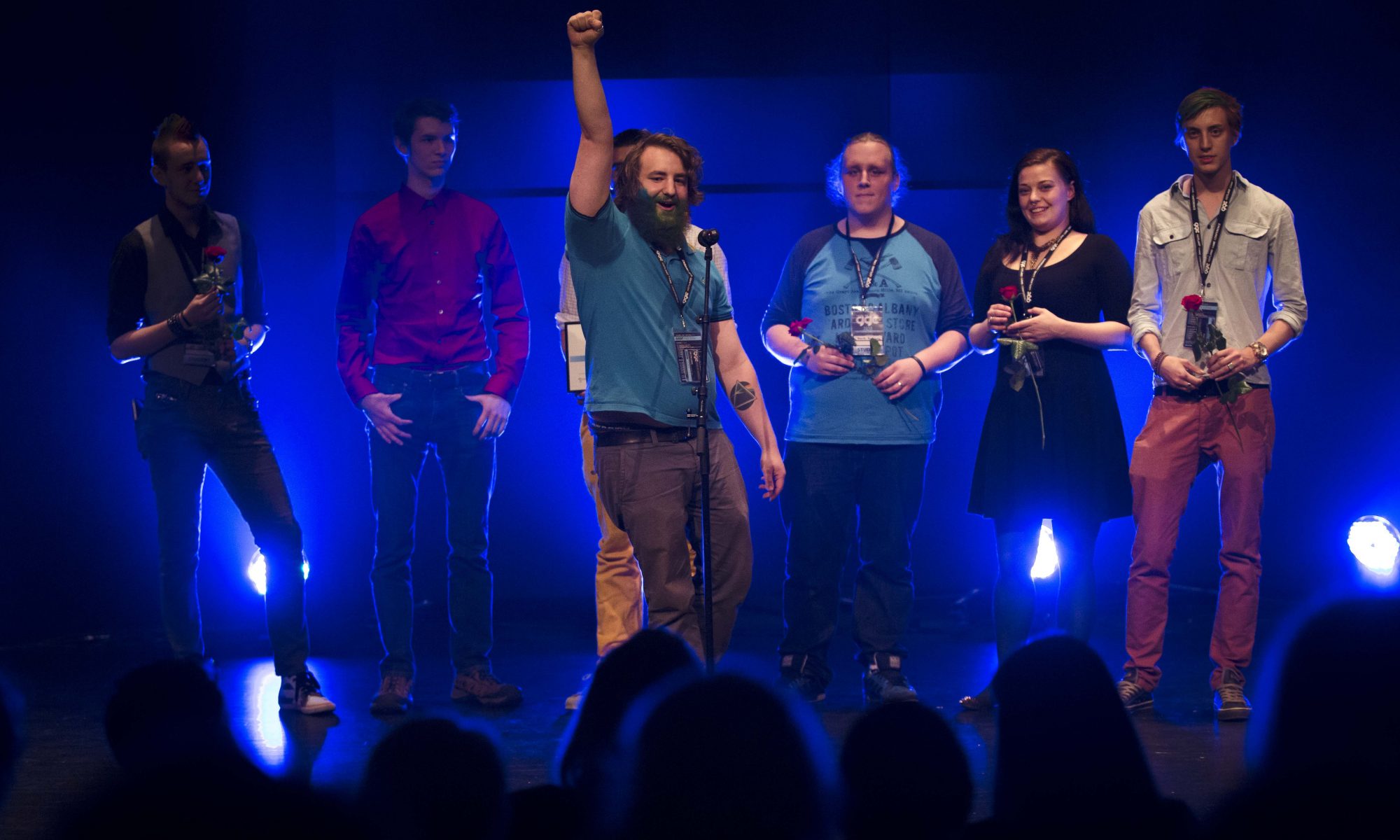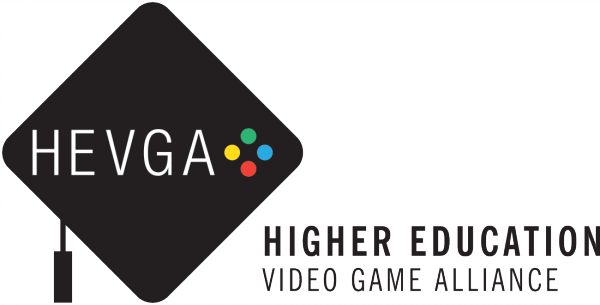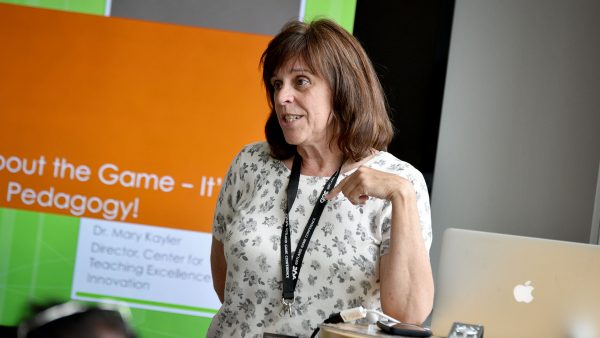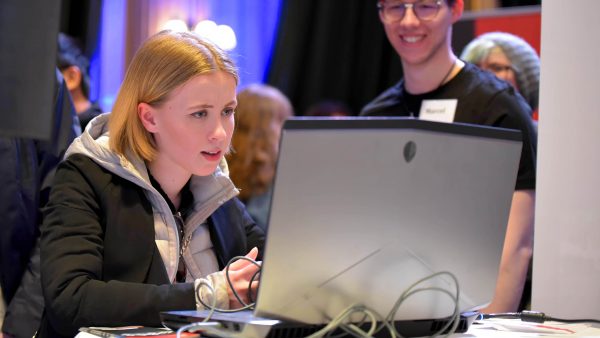The first year students did a public play test of their first playable prototypes recently! You can click through and follow our Instagram to keep track of the games in development! (#GGConf18 is where it’s at)

The department of Game Design at Uppsala University, campus Gotland
This is the highly informal blog of the GAME-department. We use it mostly to document the things we do outside of running one of the worlds strongest game educations. For information about our education, programs and courses, check the official site at Uppsala University.
The first year students did a public play test of their first playable prototypes recently! You can click through and follow our Instagram to keep track of the games in development! (#GGConf18 is where it’s at)

Are you a game educator with an interest in connecting with other educators across the globe? Are you willing to share your experience and insights to improve the field? Join us on Gotland this summer!
Last year, as part of the Gotland Game Conference, we hosted our first Game Educators Summit in conjunction with the Higher Education Videogame Alliance (HEVGA). This was an attempt to bring educators together specifically to discuss Game Educations in Europe, our unique needs within and across borders, and how to best expand HEVGA in Europe.
This year, HEVGA is continuing to grow their efforts in Europe by holding their first annual European Symposium on our beautiful island of Gotland, Sweden. Uppsala University has been chosen by HEVGA as the first school to host the symposium and will co-locate it with the Gotland Game Conference to maximize cross-pollination.
The two day symposium will take place on June 7 & 8. The first day will feature presentations across a wide variety of areas such as research, game educations, pedagogy, game design, games, institutional barriers and successes, within and across borders, and other programs or initiatives unique to Europe. Presentation slots are available in 15 – 45 minute increments.
The second day will be a working meeting designed to bring together diverse institutions and individual backgrounds to take stock of where games and game educations in Europe are at now. The working meeting will explore how to create a platform that can further establish a European games community in higher education across borders. Specific topics include: how to secure funding, creating a network that connects educations, amplifying local achievements globally, and avenues for unified advocacy.
To join us for the first European Symposium of the Higher Education Video Game Alliance hosted by Uppsala University;

We were in Stockholm two days ago, braving the miserable rain together with roughly 330 other people, for the Swedish Game Industry Career Fair. As is our custom we put students and their games front and center – letting them speak for our educations.

The event only lasted four hours, but they were packed! It was particularly interesting meeting so many prospective students coming from less traditional backgrounds – eg. applying to university for a career change or to establish their career in Sweden. We’re really hoping to see you on the island this autumn or next!
In our booth we also gave away free tickets to Visby and the Gotland Game Conference, in a lottery for those who spoke with us. We look forward to welcoming the three winners (and their plus ones) to Visby in June 5-6th!
The conference is a unique opportunity to meet our students, faculty, alumni and industry representatives, to get a sense of what our educations can offer. We recommend anyone considering our programs to get a ticket and attend. There’s even a Pay What You Want option so you can attend entirely free of charge.
Speaking of “considering our programs”: anyone who applies to a bachelors program on Campus Gotland as their first-hand choice will also be offered Campus Camp (19-20 May). It’s a free 2 day tour of our campus and island, and a great way to meet some of your future classmates and faculty too. All you need to do is put Uppsala University in your top slot for your applications. Notice will be sent out once the application process closes (ergo: after April 16th).
So once again: thanks everybody for coming out despite the rain yesterday, and we hope to see many of you again at the Gotland Game Conference and/or the Campus Camp!
As you might know, three of our student games just returned from the Game Developer’s Conference in San Francisco. And, judging by the press, they were as well received there as they were here! We thought, let’s gather some of the love in one giant #notsohumblebrag-post. 🙂
Kotaku loved Totally Not a Game Studio’s “Grave Call“. It’s a fantastic 2-player game where one of the team has been buried alive, and the other is a police operator trying to find them. The best part? The buried player actually climbs into a coffin.
Scott Manly both tweeted and recorded video from the show floor:
His video cover a bunch of the games, including Grave Call at 3:31 and Yo! Bartender at 4:50
Anita Sarkeesian / Feminist Frequency also tried Grave Call (at 2:55):
Other outlets that wrote about our students and their games includes Polygon, The Verge, Tom’s Guide and Newsweek!
Of course, reading about these games is not the same as playing them! If you want to try our new games out (without having to travel to the US to do so), come meet us at this years Gotland Game Conference in June. There is a Pay What You Want-option to get full access to ~50 entirely new games, plus a series of unique presentations trying to uncovering the emotional potential of games. It’s also a great opportunity to meet our students and faculty, if you’re interesting in studying game design and development.
Find out more at the Gotland Game Conference website, and get your tickets here!